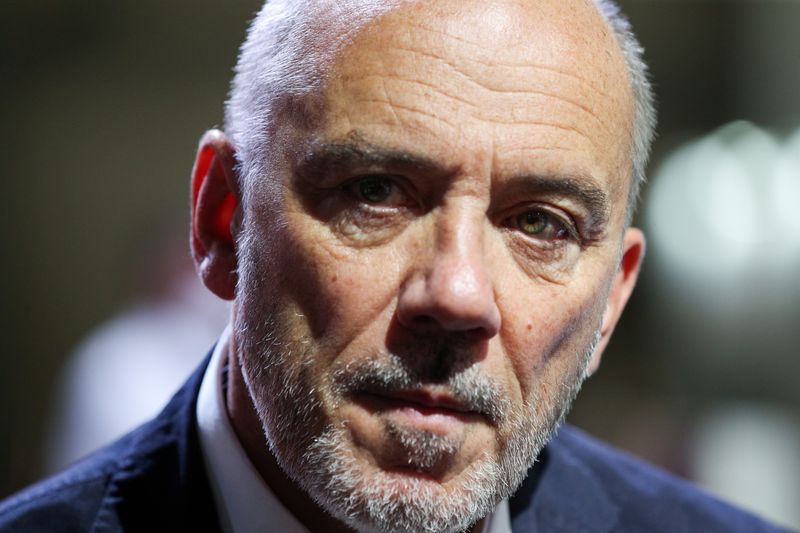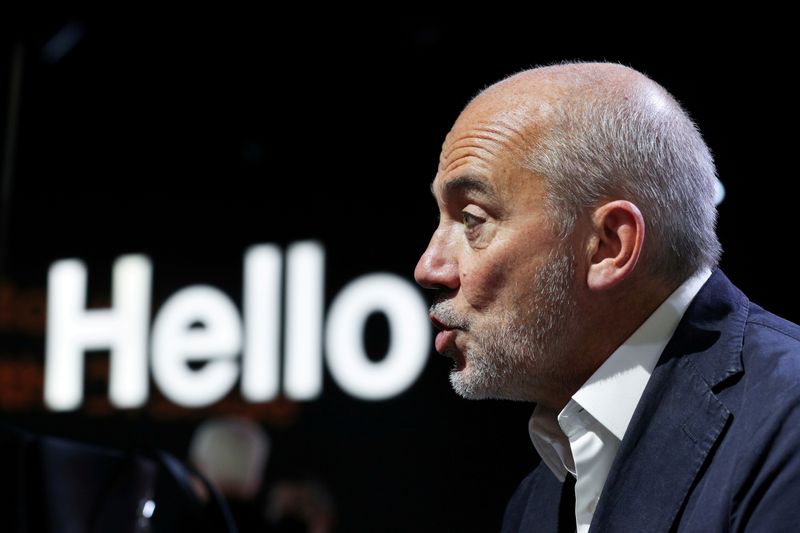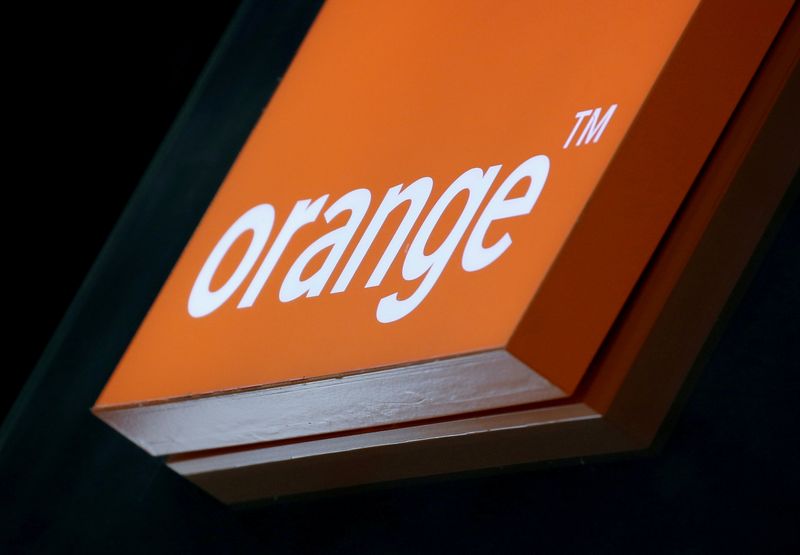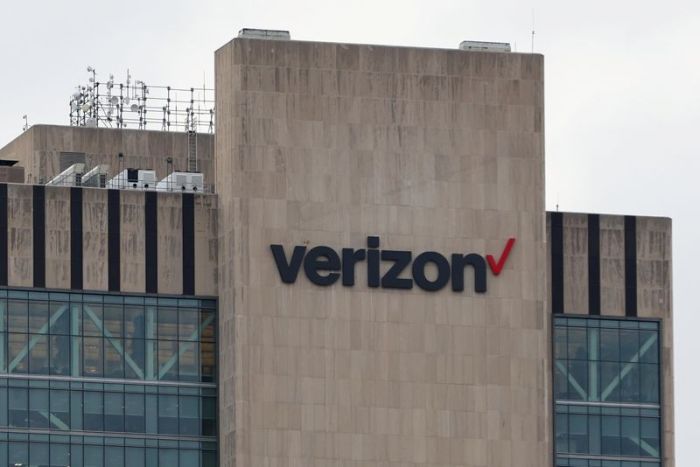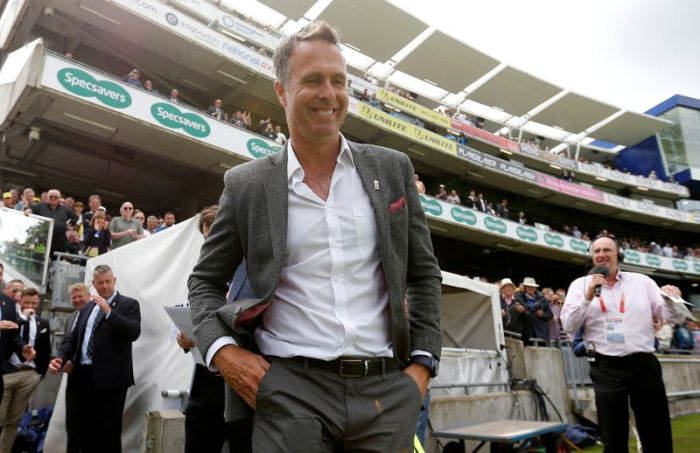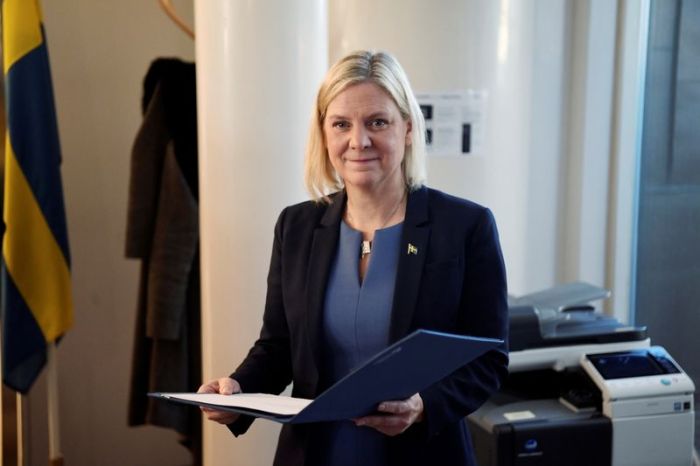PARIS (Reuters) -Orange, France’s biggest telecoms operator, said on Wednesday it would find a successor to its chairman and CEO Stephane Richard by Jan. 31 after a Paris appeal court convicted him of complicity of misuse of public funds.
Richard’s conviction is a big blow for the former high-ranking civil servant, who has always denied any wrongdoing. The court’s verdict, which handed him a one-year suspended prison sentence, is precipitating his departure from the group, which he has led for the past 11 years.
The board of directors accepted Richard’s resignation in a meeting that ended at around 1900 GMT.
He will remain in office on an interim basis while the company looks for a replacement, the company said. It was not clear whether the group intended to separate the roles of chairman and CEO.
Richard had earlier said it was up to the board to decide whether he should keep his job. He called the court’s ruling “deeply unfair” and said he would appeal.
French Finance Minister Bruno Le Maire has repeatedly said that the government position is that bosses of state-owned companies should quit if convicted of a crime.
The French state owns a combined 23% stake in the former monopoly and the government’s intention up to now has been to separate the roles of CEO and chairman.
Richard’s current term formally expires in May 2022. He had already said that he would not seek to stay on as CEO but that he was willing to remain as chairman.
Earlier on Wednesday, Richard, who also received a 50,000 euro fine but was cleared of the charge of complicity of fraud, hastily left court, accompanied by Orange’s communications head Béatrice Mandine.
The case concerned a 400 million-euro ($450 million) French state payout to the late tycoon Bernard Tapie in 2008. Tapie had accused the government of defrauding him when he sold a stake in sportswear group Adidas to a state-backed bank in 1992.
At the time of the 2008 settlement, Richard was chief of staff to then French Finance Minister Christine Lagarde, who is now President of the European Central Bank. Lagarde, who had also denied wrongdoing, was convicted of negligence over the affair in December 2016.
Judge Sophie Clément said Richard had “committed grave acts by favouring the interests of Bernard Tapie at the expense of those of the state.”
Richard is credited with having improved relations between employees and executives at Orange in the early part of his tenure, when the company was reeling from a wave of staff suicides.
He also helped bolster its financial results after the arrival in 2012 of rival Iliad’s low-cost brand Free, which triggered a protracted war in the mobile business, and launched a new online banking service.
However, Orange’s stock price has not improved during Richard’s tenure. Its shares, which traded at around 11 euros when he first became CEO, were little moved after the court verdict and stood at just under 10 euros.
(Additional reporting by Gwenaelle Barzic, Writing by Silvia Aloisi; Editing by Elaine Hardcastle and Chizu Nomiyama)

